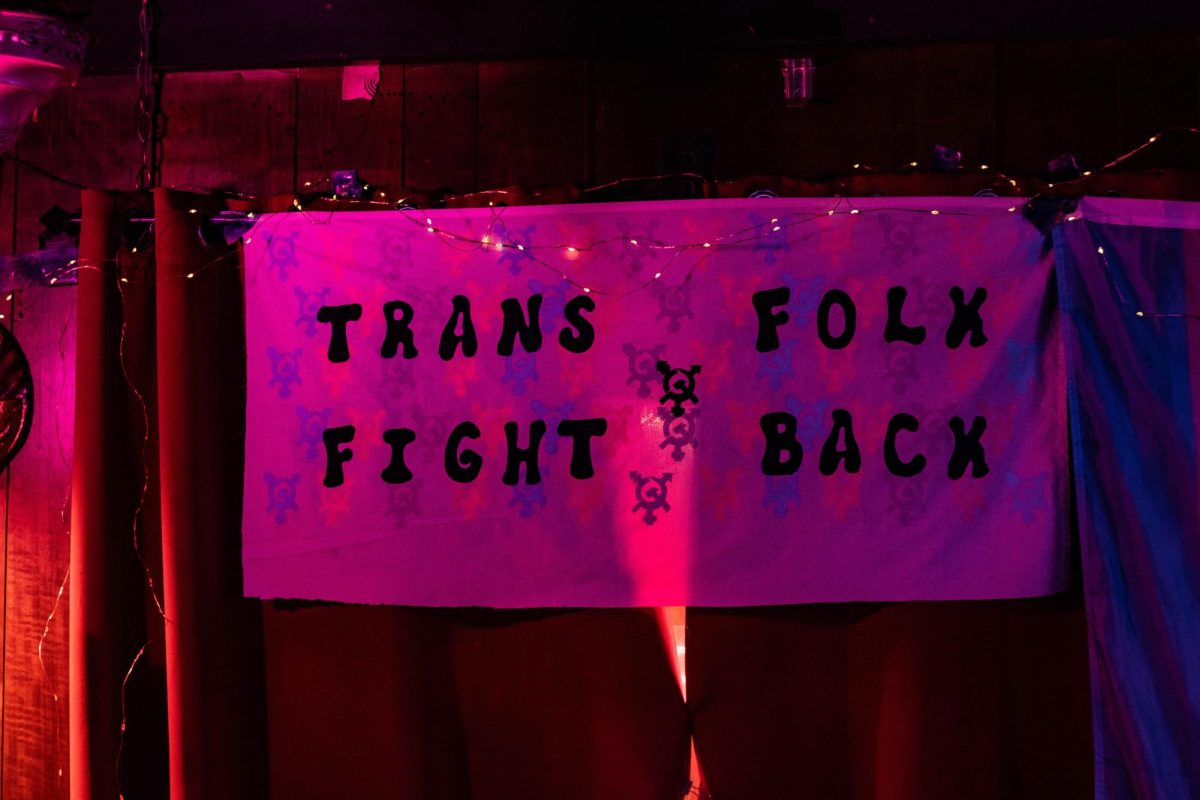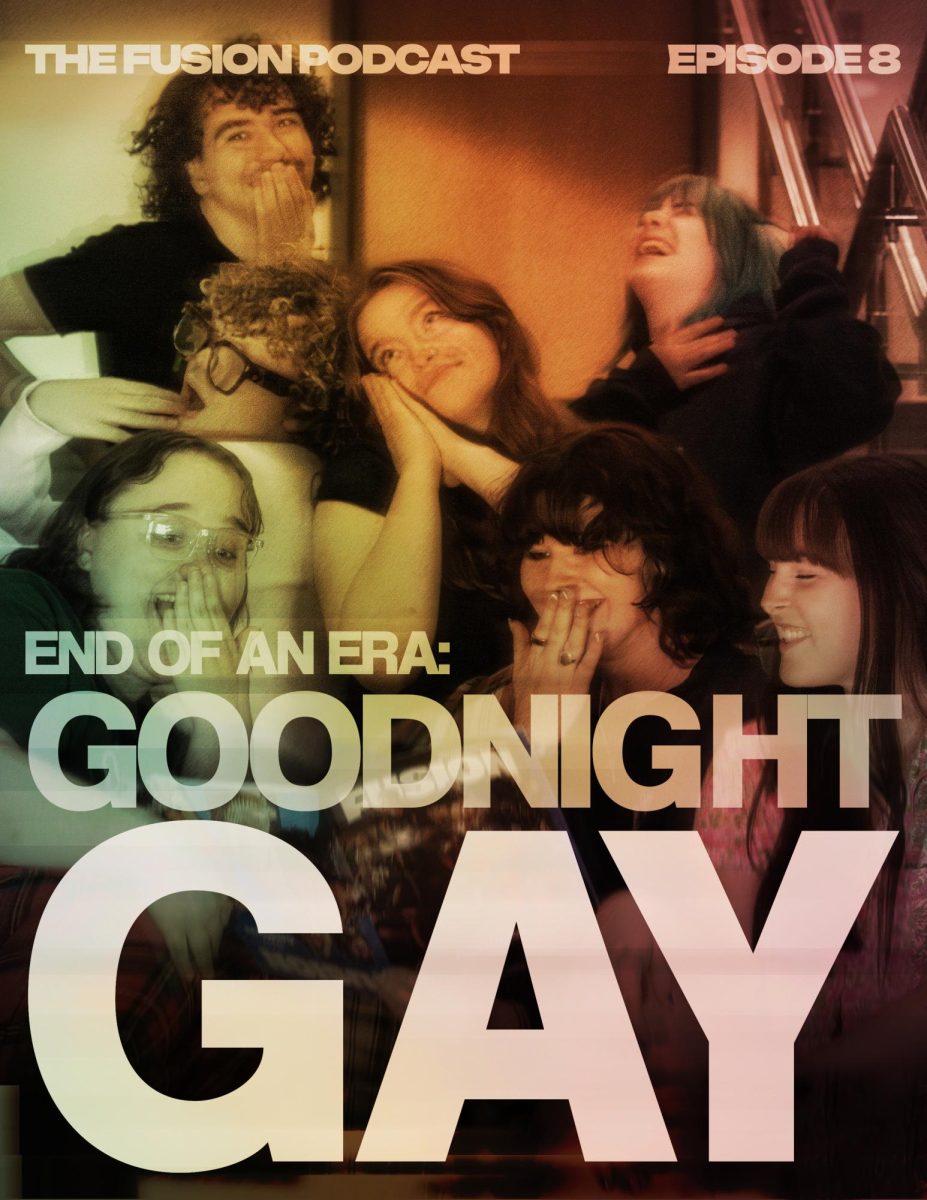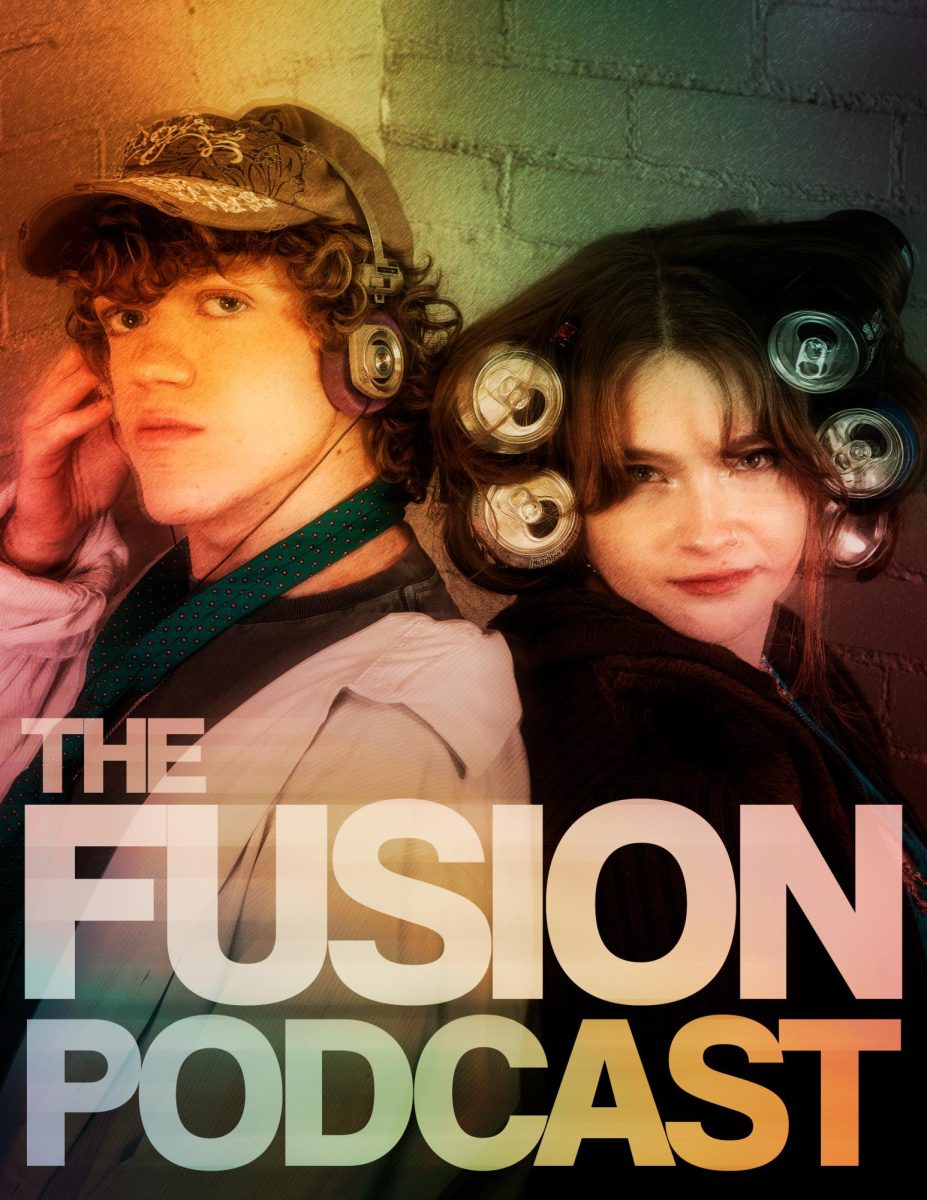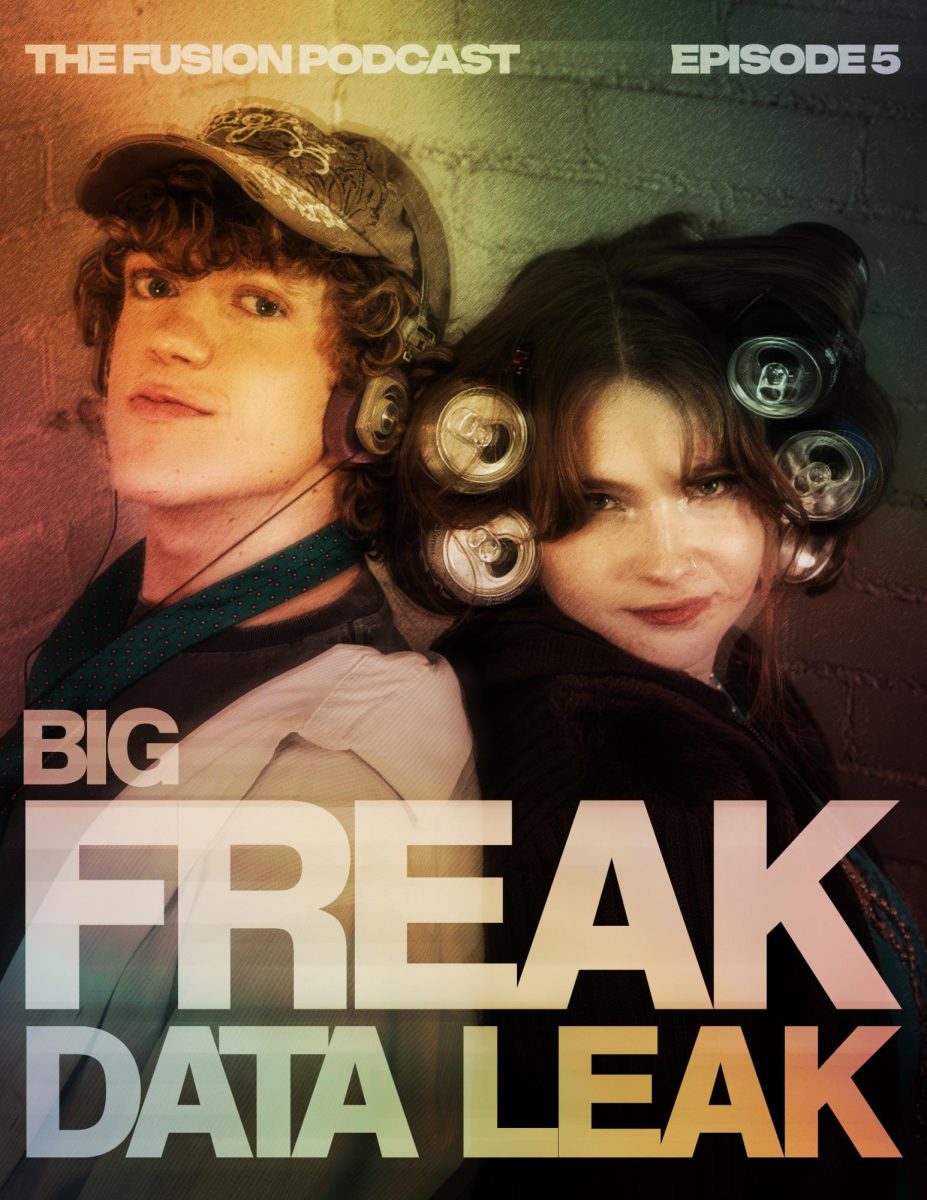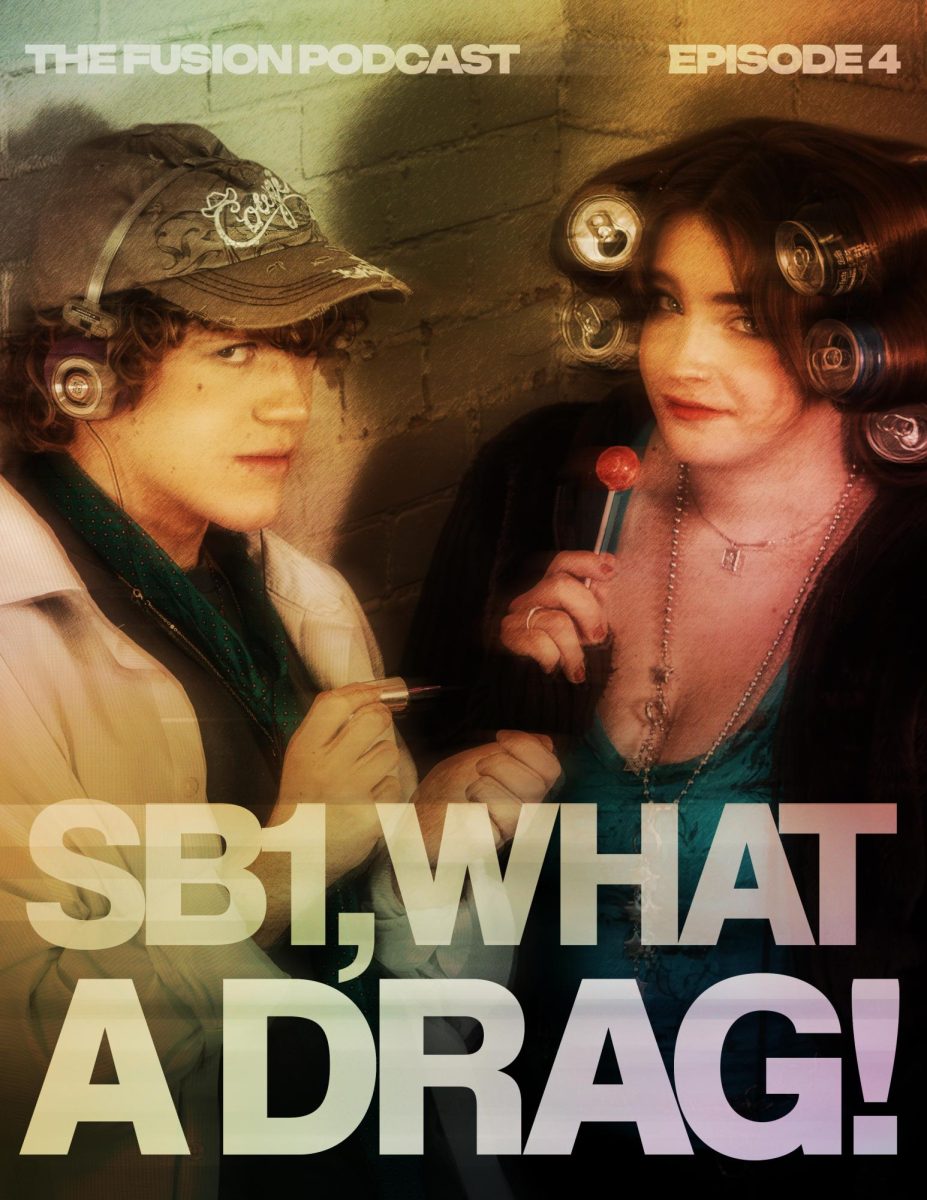This is not the most music-intensive blog I’ve written or will be writing. However, what I’m going to tell you about will affect your music and how you listen to it, as well as a number of other things pertaining to the online world. If you watch videos on YouTube, download songs off of Mediafire, or even just peruse sites like Tumblr, you should care about this.
Oh, and I almost forgot: If you have Facebook, this affects you, too.
So now I should have your attention.
This week, bills are being proposed in both the House and the Senate that will censor your Internet. They’re the first bills of their kind, and the laws proposed are akin to laws that currently stand in China and Iran. You can see where this is going.

The House Bill is known as SOPA, or the Stop Online Piracy Act. The comparable bill in the Senate is the PROTECT-IP Act. At their core, these two acts allow corporations to block websites with “infringing” material. Technically, these acts will prevent piracy from being a problem in the United States. The MPAA (the Motion Picture Association of America) and RIAA (the Recording Industry Association of America) are supporting these bills with great fervor. And, okay, that’s a fine idea, really. We can stop plagiarism and illegal downloading (not that ANY of us EVER do ANYTHING like that, of course) and similar activities.
However, these bills don’t stop there. “Infringing” activity includes a lot more than you might think. Videos of cover songs on YouTube would be blocked. Yes, you read that right. Because the cover song is, well, a cover song, even if it is listed as such, that is considered an “infringement.” Do you see how your free speech is coming under fire here?
It gets better.
Original ideas posted on blogging sites like Tumblr and Blogger can come under fire, too, if they are considered an infringement under this law. This means that your posts and even your website can be blocked from every American user. Every single one. This isn’t pertaining to just one Internet service provider – whether you get your Internet from Time Warner or ATT or Verizon or whoever, if you’re in America, these sites can be blocked.
Oh, and they can get into your email, too.
Are you pissed off yet? You should be.
If you send a link in your email, and it seems shady, the link can be destroyed or completely removed. No spam filters or anything – just completely removed. This also means that some “good” links might get removed, since the computerized system that would do the removing can’t really be sure it’s removing everything or not.
So if you use a forum of any kind, you can see where this is detrimental. According to the American Censorship Day website, a site with even a few infringing links can be completely blocked. The American Censorship Day website has a very informative and easy to read graphic, which I recommend you view right here.
But you still need to be pissed off because this only gets worse.
In looking for articles to link to about SOPA and the PROTECT-IP Act, a search on CNN came up with nothing as of five o’clock Wednesday evening (November 16). It wasn’t under any of their headings, either – not under politics, USA, or, I don’t know, breaking news– which, if this news organization was really a “watchdog” of our government, it would put it right there, front and center. USA Today’s website turned up similar, albeit no, results. So now not only should you be disappointed in your government, but you should also be pretty upset with your journalism.

When I edited this blog at 9:30 Wednesday night, stories had begun showing up on both websites. However, neither one was front-page material – both were buried in business and technology sections.
A number of websites have already banded together and filed a formal complaint with Congress. The complaint is in the form of a letter, which you can read by clicking on the link. Google is one of the leading websites filing the complaint, and this is because search engines also have the potential to be harmed in this upheaval of First Amendment rights. A website with “infringing” material will not be allowed to come up in searches, and this could directly influence Google and similar search engines’ ability to make profits. If Google is being paid by a website to be served up first, and that website is marked infringing, they won’t show up. Who can advertise in that kind of environment?
The other websites signing the letter aren’t just little companies, either. The other signers include Facebook, Twitter, Zynga, LinkedIn, eBay, Yahoo, and Mozilla. Oh, and by the way, AOL is in there, too.
These are heavy hitters, websites that generate more traffic than most others, and these are the websites that stand to lose a lot.
The letter they have jointly written does acknowledge that piracy is a problem, and they do agree that rogue websites are an issue for many Internet users. And there is nothing wrong with taking this standpoint. However, this is simply not the way to go about fixing the problem.
This is a serious issue. You can see that this starts with music piracy, but these bills will influence so much more than just that in the long run. This is a matter of free speech, and you should be concerned.

If you frequent Tumblr (I definitely do), you might have noticed that on Wednesday (November 16), they took steps to raise awareness of these bills. Users who got on their Tumblr dashboard Wednesday saw that posts were “blacked out” and made to look as though they had been censored. Upon clicking these blacked out letters, users were taken to a Tumblr-built website explaining the bills and providing links to sign petitions to stop the acts. Beyond that, they also helped you call your representatives or email them (I emailed my House representative and both Ohio senators – you should, too!). If you want to get involved, here is the Tumblr site. It only takes a few minutes, and it could mean the difference between a censored Internet and a free Internet.
As an avid music listener, I encourage you to care about this. I get most of my music from sites like YouTube, Pandora, and Last.fm. All of these sites could come under fire just for playing by the rules as they always have. This is something you cannot stand for. We currently operate under the Digital Millennium Copyright Act, and here’s to hoping that we can continue functioning under that act, free speech and all.
Lamar Smith Photo Courtesy Congress Bio Directory



















